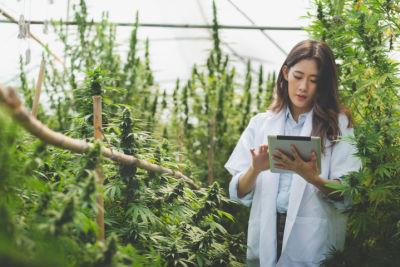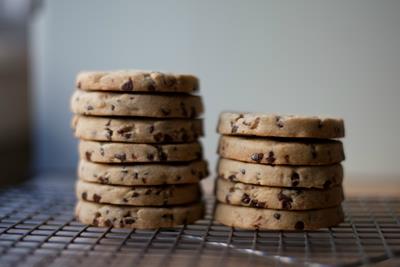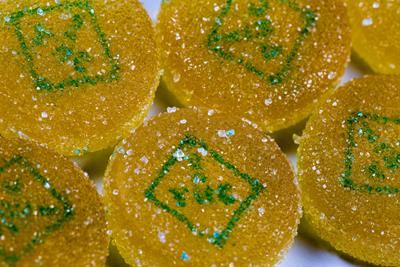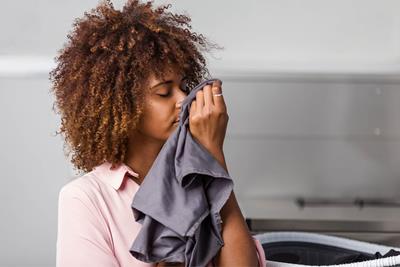
Tuesday May 5, 2020
By Erin Hiatt
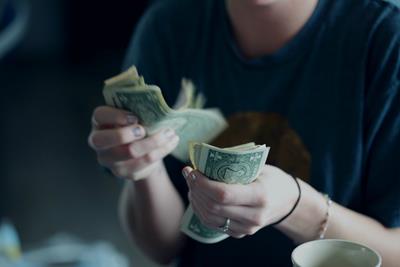 Education
Education
Here’s a little food for thought: the cash and coin in your pocket carries as many germs as a household toilet. Germs like staphylococcus, the bacteria behind many illnesses like food poisoning, and fecal matter are frequently found on our money. Another surprise on our cash is remnants of cocaine from people who pack it, and others who snort it through bills. Now, add COVID-19 to the list of gross things on our germ-laden cash, which could pass through many hands numerous times a day. Yuck.
Most cannabis retailers have been deemed essential businesses (click here for an updated list of state-by-state dispensary statuses) during the pandemic, so consumers – perhaps worried about some pandemic-era prohibition – stocked up. Most cannabis retailers have to deal in cash. What research has shown us is that live viruses can stay on paper money for up to 17 days. Ergo, cannabis consumers and workers are regularly exchanging potentially COVID-contaminated money.
With that in mind, sterilizing your cash before heading to the dispensary, theoretically, sounds like a good move. But how exactly do you do that?
How Do Banks Sterilize Cash and What Do They Suggest?
In February, banks in China began sterilizing cash with ultraviolet light and heat treatments in an attempt to stop the spread of the coronavirus, while the Bank of Thailand suggests disinfecting money by soaking it in soapy water for a short period of time, rinsing gently, and letting air dry. Be careful with the methods you choose if you’re going to sanitize your cash though, they also note that using laundry detergent, bleach, or baking or boiling money will damage the money.

The European Central Bank uses a sebum-repelling varnish, and many large financial establishments have access to special equipment that essentially dry cleans your money with heated carbon dioxide. For your local dispensary, that’s probably not an option.
And what about coins? It is believed that because coins have a harder surface that they transmit viruses more easily than bills. Fortunately, coins are easier to clean than bills – though it can still damage them if done incorrectly – and can be done with warm water and dish soap.
Tips for Sterilizing Your Cash at Home and Handling Money
If you decide to clean your money at home, make sure that you wear gloves (preferably disposable), and clean and disinfect any surfaces that the dirty money touched. However, unless you live your life in an infectious disease lab, you can’t know for sure whether your money is safe to handle or not.
The best thing to do during the pandemic to keep yourself safe and healthy when handling money is to practice good hand hygiene.
Proper Handwashing Tips:
- Wet your hands
- Lather them up
- Wash for at least 20 seconds!
- Scrub those hands! Make sure to get under any jewelry, fingertips, thumbs, and the back of hands
- Rinse, then dry completely with a clean paper or hand towel
If you do not have access to soap and water, a hand sanitizer containing at least 60 percent alcohol is recommended.
Staying Safe at Cash Only Cannabis Dispensaries
To protect both you and budtenders when you head to the dispensary, wear a face mask and disposable gloves if you have them (hopefully the worker will be wearing gloves, too). Remember, when it comes to handling money, gloves are only a second skin, and viruses like COVID can live on their surface, so be sure not to touch your face or mask. When you get home, remove your gloves safely, dispose of them immediately, and wash your hands.

While it is possible to sterilize your money, there’s no way to know for sure whether any viruses or bacteria are still on your cash or coins, unless you have the good fortune to live in an infectious disease lab. The best way to protect yourself and others – and it bears repeating – is to keep washing those hands. Not only after handling money, but before and after any activity that puts you at risk of exposure to the virus. Stay safe out there everyone!
Have you been sterilizing your cash during the COVID-19 pandemic? Share your tips and experiences in the comments below.
Photo Credit: Sharon McCutcheon (license)



